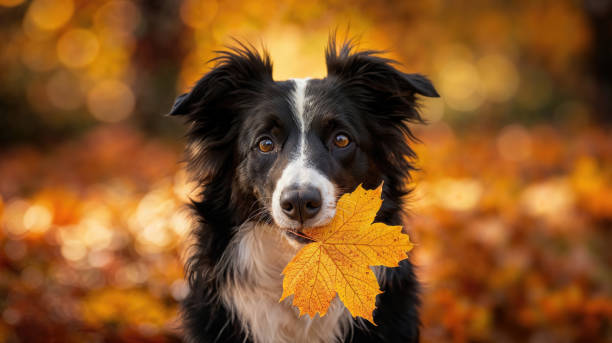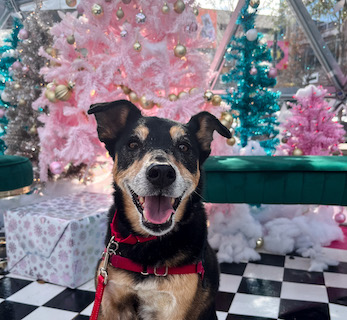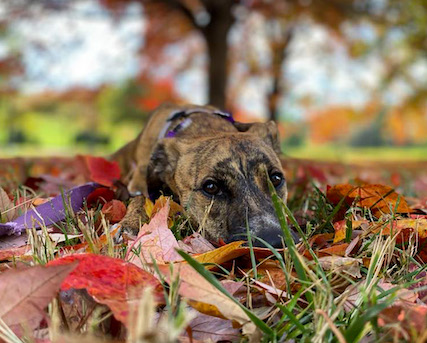We often help new parents navigate the difficult behaviors of puppyhood. Biting, chewing, crying, and housebreaking are the top concerns we address and are all normal. It is also important to understand what is abnormal in puppies. When flagged early in their life, these behaviors are much easier to modify. If left untreated, they almost always grow to be more serious issues as an adult, often peaking around 2-3 years old. There are six main issues that we flag in puppies. If you notice any of these in your puppy, it is very important to contact a local behaviorist as soon as possible.
Socialization and fearfulness
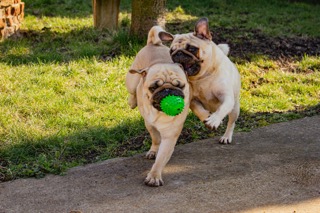
Socialization is the number one thing you should focus on when bringing home your new puppy. It will prevent reactivity aggression in the future and overall lead to a happy, well-adjusted dog. As your puppy is introduced to new environments, people, dogs, or sounds, it is normal for them to show fearful behavior. When this happens, you should speak sweetly to your dog and start feeding them treats. In a particularly difficult situation, you may go back to that place a few times in a row, continuing to give treats, until your puppy is comfortable in that environment.
Abnormal fearful behavior
Being repeatedly fearful of an environment or stimulus, or taking a long time to “recover” from the scary event would be considered abnormal. It’s important that these fear behaviors are resolved at a young age. Otherwise, you often see the fear turn into reactivity and aggression as the puppy grows older, often peaking when a dog is around 2-3 years old.
Normal accidents vs soiling the crate
Housebreaking accidents are a normal part of puppyhood. Puppies will often potty on a carpet or the corner and then run off somewhere else for a new adventure. Crate training is designed to discourage accidents. Crates should be small enough that the puppy can lay down and turn around, but should not have any extra room, and nothing absorbent should be on the ground. Dogs naturally want to keep their environment clean, and they will instinctively try not to potty where they lay.
Abnormal behavior in the crate
It’s abnormal for puppies to consistently have accidents in their crate. An occasional crate soiling is not concerning, likely due to too much water before bed or an upset stomach. However, contact your veterinarian or a local behavior consultant if crate soiling happens frequently.
Crying in the crate vs separation anxiety
Puppies naturally want to be with their family. Especially when you first bring a puppy home. They are likely accustomed to being with their brothers and sisters 24/7, and they quickly become attached to you as well. When it comes time to put your puppy in the crate, crying is normal, especially during the first week.
Abnormal behavior when left alone
Some examples of abnormal behavior are: crying for hours in the crate day after day, self-injury (i.e. bloodying their paw or mouth trying to escape), and soiling in the crate as a result of the stress of being left alone. Check out our blog “Separation Anxiety and Normal Puppy Barking” for more information.
Early signs of Resource Guarding
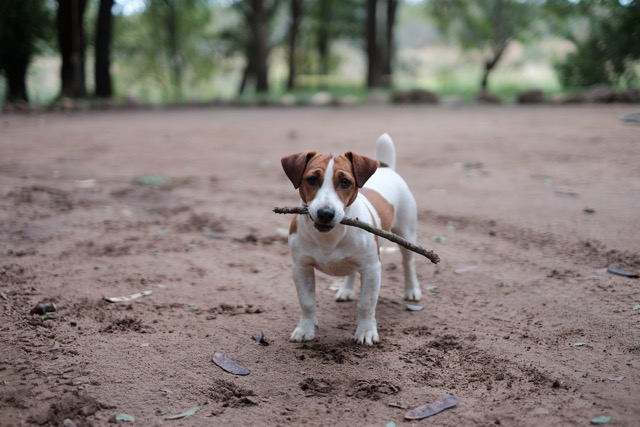
Puppies explore the world with their mouth. This is a common and well-known fact. Leaves, sticks, socks, shoes, and pretty much everything else are typically up for grabs.
Abnormal behavior to watch for
Ingesting bones or other items almost immediately on contact is considered abnormal. We are not talking about sneaking a dropped piece of food or chewing on a leaf. This refers to puppies who are swallowing items whole. Another red flag would be puppies who growl when they chew on a bone and you approach them. Growling can be part of normal play as puppies bounce around. However, if your puppy is laying with a toy or bone and the puppy delivers a growl at your approach or as you take the item away, this is a sure sign of early resource guarding. Resource guarding often worsens as a puppy gets older. However, it can be very manageable especially when caught and addressed at a young age.
Reaction to restraint or physical handling
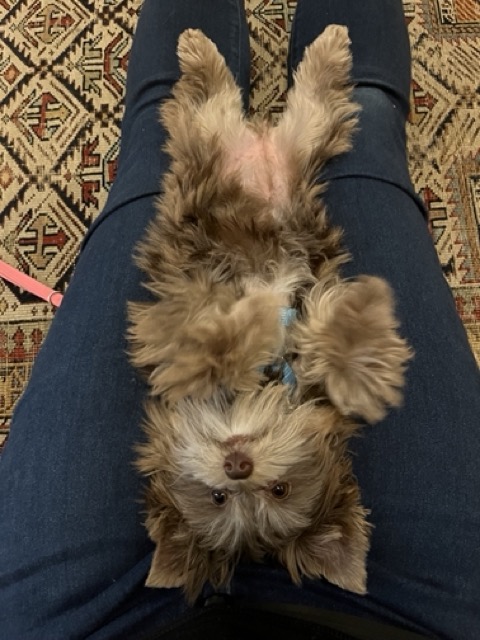
Puppies will be picked up, held for grooming and vet visits, grabbed by the collar, and handled in many different ways. It is normal for puppies to be squirmy and mouthy in these situations. When we do training programs with puppies, we often like to have them lie on our lap with our legs outstretched and flip them onto their back. We practice examining their paws, ears, belly, etc., all while giving treats, and the puppies typically settle within 5-10 seconds.
Abnormal reactions
When running the above exercise and the puppy becomes more agitated, ignores treats, or even becomes aggressive. This reaction often flags that the puppy has a problem being “restrained” and will likely develop into a bigger problem.
If your puppy snaps or growls when you grab their collar or pick them up, this is also a red flag. Again, some squirminess and mouthiness are normal. However, when the puppy is clearly becoming very agitated in these handling/restraint situations, it’s time to seek professional help. Otherwise, we may see this develop as an adult and result in a bite at the vet or when being groomed. Read “How to Prepare Your Puppy for Veterinary and Grooming Visits” for more tips.
Play-biting and force
Another common problem behavior with puppies is that they often nip at their humans. It is a playful behavior that they develop early with their brothers and sisters, and often transitions to humans around 8-10 weeks old. The frequency of biting, although annoying or slightly painful, is not something that concerns us as behavior consultants.
Abnormal play-biting and force
Our concern starts when the force of the bite is hard and consistently draws blood. Unless you have thin skin, the bite from the puppy should not scratch and should definitely not puncture. This raises a flag that the puppy did not learn proper bite inhibition with their littermates. Perhaps it indicates that the puppy was taken from their littermates too early, there was not enough socialization, or the housing conditions were inappropriate. Either way, you do not want your adult dog to have improper bite inhibition and you should address this as soon as you can.
If you are experiencing any of the abnormal behavior listed above or would like additional help with your puppy please reach out to your local behavior consultant.

